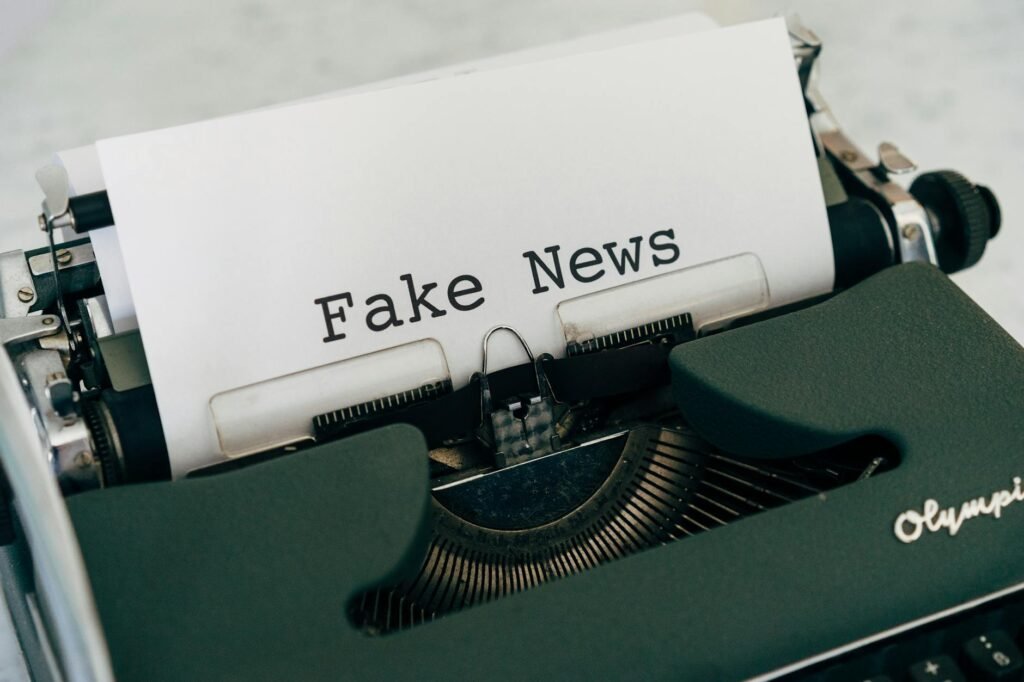Thailand recently found itself grappling with a wave of misinformation spread through Facebook, allegedly orchestrated by hackers. This incident highlights the increasing vulnerability of social media platforms to malicious actors and the potential consequences for individuals and nations alike. The situation underscores the need for enhanced cybersecurity measures and media literacy initiatives.
The Scale of the Problem
Reports suggest a significant number of fake news accounts were created and used to disseminate false information regarding [sensitive topic], causing widespread confusion and, in some cases, panic.  The sheer volume of fabricated posts overwhelmed fact-checking efforts, indicating a sophisticated and well-resourced operation. Understanding the scale of this issue is crucial to developing effective countermeasures. This incident serves as a stark reminder of the challenges faced by governments worldwide in combating online disinformation.
The sheer volume of fabricated posts overwhelmed fact-checking efforts, indicating a sophisticated and well-resourced operation. Understanding the scale of this issue is crucial to developing effective countermeasures. This incident serves as a stark reminder of the challenges faced by governments worldwide in combating online disinformation.
The Hackers’ Methods
While the exact methods used by the hackers remain under investigation, early reports suggest the use of automated tools and potentially compromised accounts to amplify their message. This highlights the need for increased security measures by Facebook and other social media platforms to prevent such breaches. The use of AI-powered tools to detect and remove fake accounts may also prove beneficial in the future.  Authorities are working to trace the origins of the hacking operation and bring those responsible to justice.
Authorities are working to trace the origins of the hacking operation and bring those responsible to justice.
The Government’s Response
The Thai government responded swiftly, issuing public statements urging citizens to be vigilant and report any suspicious activity. They have also called for increased cooperation with Facebook and other tech companies to address the issue. This coordinated approach highlights the importance of collaborative efforts between government agencies and private sector entities. The government’s initiative shows a clear commitment to combatting disinformation and maintaining public trust. Further, strengthening national cybersecurity infrastructure is paramount.
Facebook’s Role and Responsibility
Facebook’s response to the incident is under scrutiny. The platform’s ability to effectively monitor and remove fake accounts is a major point of contention. The incident raises critical questions about the responsibility of social media companies in preventing the spread of misinformation and protecting their users from malicious actors. Experts are debating the effectiveness of current strategies and advocating for more proactive measures. [IMAGE_3_HERE] This necessitates improvements in their detection algorithms and content moderation policies.
The Impact on Public Trust
The spread of fake news has significantly eroded public trust in both social media platforms and traditional news sources. The incident has also raised concerns about the potential for manipulation during upcoming elections. This emphasizes the importance of media literacy initiatives that can empower citizens to critically evaluate the information they encounter online. Learning to identify misinformation and distinguish credible sources is essential for navigating the digital landscape effectively.
Conclusion
The recent wave of fake news in Thailand, allegedly spread by hackers, serves as a wake-up call for governments, social media companies, and individuals alike. It highlights the urgent need for a multifaceted approach that involves stronger cybersecurity measures, improved content moderation policies, and a greater focus on media literacy. Only through collaborative efforts can we hope to combat the growing threat of online misinformation and safeguard the integrity of information ecosystems. International cooperation is also essential to tackle this transnational issue.
Frequently Asked Questions
What type of information was spread? The fake news reports covered a range of sensitive topics, including [sensitive topic], creating confusion and anxiety among the population.
What actions are being taken to address the issue? The Thai government, in conjunction with Facebook, is working to identify and remove fake accounts, while also educating the public about the importance of media literacy.
How can I protect myself from fake news? Be critical of what you read online, verify information from multiple credible sources, and report any suspicious content.
What role do social media platforms play in this? Social media platforms have a significant responsibility to prevent the spread of misinformation and should improve their content moderation policies and algorithms.
What is the long-term impact of this incident? The incident may lead to increased public scrutiny of social media companies and increased calls for regulation to ensure responsible use of online platforms.
